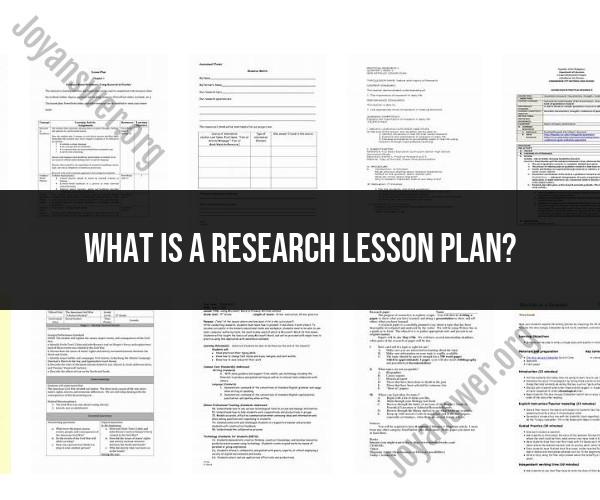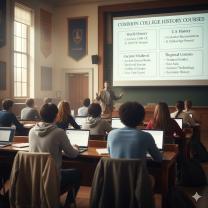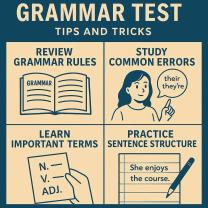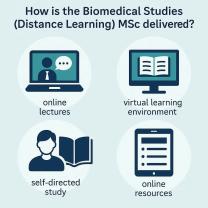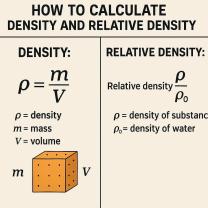What is a research lesson plan?
Creating a research-based lesson plan involves careful planning, clear objectives, and engaging strategies to facilitate student learning. Here's a step-by-step guide to help you craft an effective research lesson plan:
1. Define Learning Objectives:Clearly outline the learning objectives of the research lesson. What do you want students to learn and achieve by the end of the lesson? Objectives should be specific, measurable, achievable, relevant, and time-bound (SMART).
2. Choose a Relevant Topic:Select a research topic that aligns with the curriculum and is relevant to the students' level of understanding. The topic should be interesting and engaging, encouraging students to explore and learn.
3. Introduction and Hook:Begin with an engaging hook that piques students' interest and introduces the research topic. This could be a thought-provoking question, a relevant anecdote, a short video clip, or a real-world scenario.
4. Background Knowledge:Provide essential background information to give students a foundational understanding of the topic. This can include key concepts, terminology, and historical context.
5. Research Question or Problem Statement:Clearly state the research question or problem that students will investigate. This focuses their research efforts and provides a sense of purpose.
6. Research Methods and Strategies:Introduce various research methods and strategies students can use to gather information. This could involve library research, online sources, interviews, surveys, experiments, and more.
7. Research Process:Break down the research process into manageable steps. Teach students how to plan their research, gather relevant information, evaluate sources for credibility, and organize their findings.
8. Group or Individual Work:Decide whether students will work individually or in groups for the research project. Each approach has its benefits; consider the dynamics of your class and the objectives of the lesson.
9. Guidance and Support:Provide guidance and support throughout the research process. Offer suggestions for reputable sources, help students refine their research questions, and address any challenges they encounter.
10. Critical Thinking and Analysis:Encourage students to critically analyze the information they find. Teach them how to identify bias, evaluate the reliability of sources, and synthesize information to form well-rounded conclusions.
11. Organization and Presentation:Guide students on how to organize their research findings. This could involve creating an outline, drafting a research paper, preparing a presentation, or using other suitable formats.
12. Peer Review and Feedback:Incorporate peer review sessions where students provide feedback on each other's work. This promotes collaboration, improves critical thinking, and enhances the quality of their research.
13. Reflection and Discussion:Allocate time for students to reflect on the research process and outcomes. Hold discussions where they can share insights, challenges faced, and what they've learned.
14. Assessment and Evaluation:Develop assessment criteria that align with the learning objectives. Consider rubrics that evaluate research skills, critical thinking, communication, and the quality of the final presentation.
15. Closure:Summarize the key takeaways from the research lesson. Revisit the initial hook and connect it to what students have learned. Emphasize the importance of research skills in their academic journey.
16. Homework or Extension Activities:Assign homework or extension activities that encourage students to delve deeper into the topic or explore related subjects on their own.
Remember that flexibility is important; be prepared to adapt your lesson plan based on students' needs and progress. An effective research lesson plan not only imparts knowledge but also cultivates essential skills such as critical thinking, information literacy, and effective communication.
